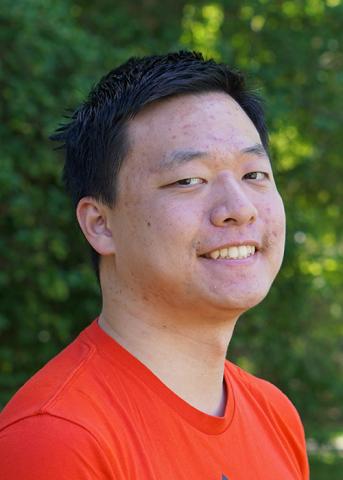Jaehyun Kwon graduated in 2020 with a degree in Food Systems, Nutrition, and Health.
Why did you choose UW?
I wanted to expand my social circle and have more interaction with my fellow students and UW Seattle seemed like the right place to do that. The student body is really diverse—people are from multiple cities and are of different ages. I want to build long-term relationships with people I connect with.
What influenced your decision to major in Food Systems, Nutrition, and Health?
In my first quarter, I was trying to discover opportunities that would suit my strengths. I am interested in public health, so I met with the Public Health-Global Health Major adviser. We talked about their course offerings and the timing to complete the degree and realized it might not be the best fit for me. When I told the adviser about how much I love organic chemistry, they pointed out that organic chemistry is all about principles, rules, and exceptions and then told me how that related to systems and suggested I look into the Food Systems, Nutrition, and Health major. In this major, we focus on the food system and its impact on nutrition and health outcomes and it really falls in line with my interests.
What experience has been the most impactful for you outside the classroom?
I’ve been at UW Seattle for only 6 months, so my experience here so far is limited. However, when I was at Highline, I was a chemistry tutor for about a year and half. I tutored for 19 hours a week in a drop-in setting for all of the chemistry courses offered at Highline. I liked it so much because chemistry is my favorite subject—I see it as a puzzle and you have to figure out how the pieces interconnect with each other.
I worked with many students each quarter and most of them struggled with chemistry because it’s so abstract. I could tell when students “got it” by their reaction and then asked them to explain it back to me in their own words and they could. Then I knew that I helped them to learn and understand it.
Students would come back at the end of the quarter to tell me how well they did in their courses and it felt great to hear this and made me want to discover more resources available on campus to further help any student.
I also realized I’m really good at teaching other people about the things I know and am good at. When I saw students struggle, I could see myself in their shoes in a different subject. Everyone has their strengths and weaknesses and there are resources to help you out.
What advice would you give a prospective transfer student considering the UW?
Definitely take advantage of the resources available at UW. You’re going to be in some really big classes and if you need help, ask for it! You can ask for help from your professor, but there are other people to reach out to, such as your TAs, peer tutors, CLUE, and your adviser. When I transferred to UW, I didn’t realize that TAs were a resource for me, but now I know and I take advantage of that by reaching out to them and going to their office hours when I need help.
I also think time management and being diligent about your homework and your health is important. You have to study a lot, but you also need to take care of yourself and eat well. I also recommend segmenting your studies with breaks. For me, this is a break with no social media and I set an alarm. When the alarm goes off, it’s back to work. That might not work for you, so I think it’s good to experiment with different study methods, like studying on your own or joining a study group.
What are your future goals?
I hope to become a pharmacist. I’ve been interested in that since I was about 7 or 8 because of health challenges a family member had. They were unable to access health care and this made me interested in a health care profession. With the Food Systems, Nutrition, and Health major, I believe it can help me further think outside the box and on a broader scale about health.
Interested in studying food systems? Learn about the Food Systems, Nutrition, and Health major

